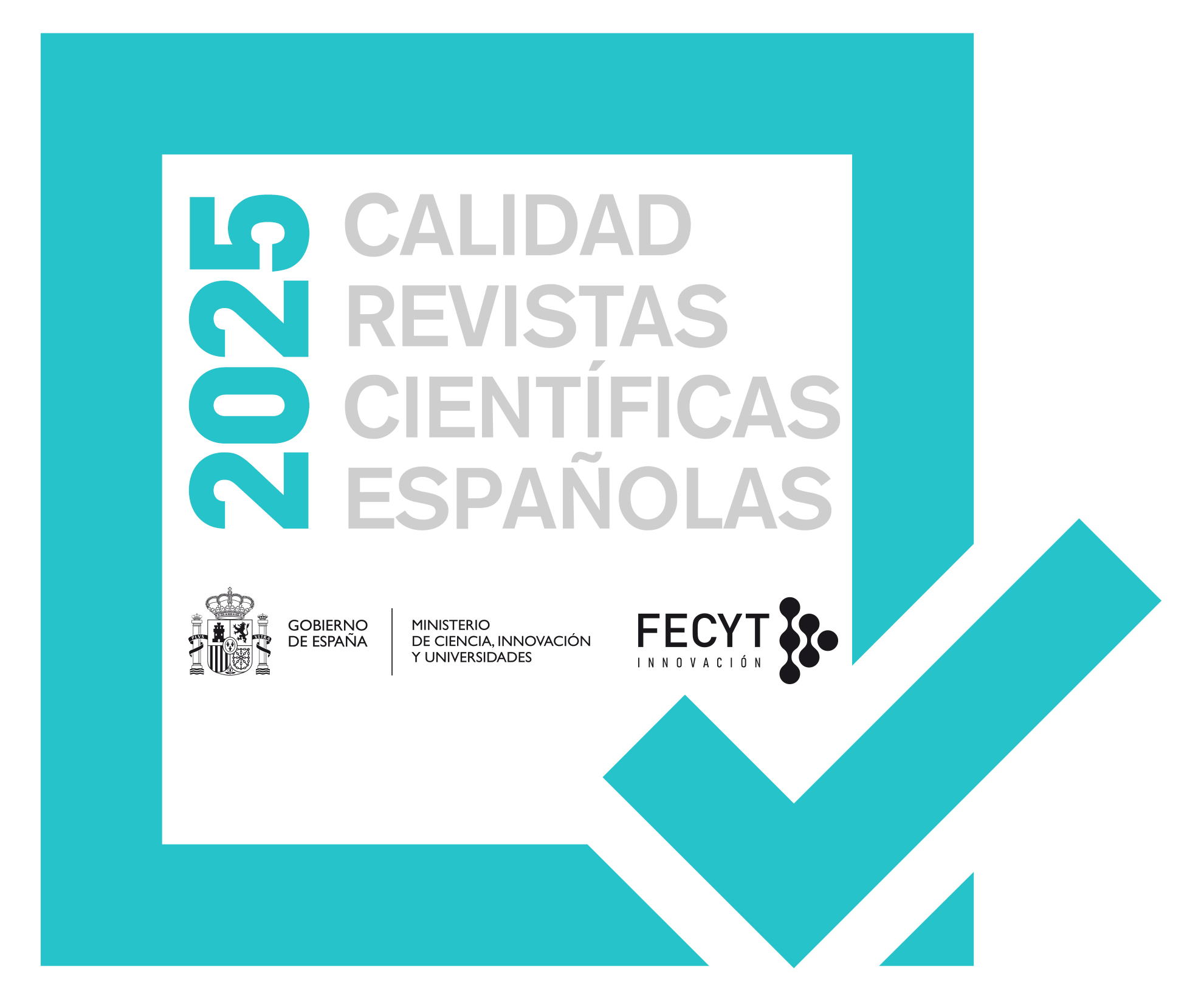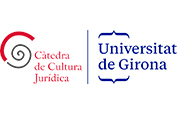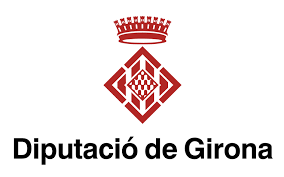Peer review process
Articles published in Quaestio facti are evaluated as follows:
1. All texts received are subject to formal review by the journal's editorial board. In this phase of general review, proposals are discarded when they are not in line with the objectives of the journal and/or the scientific quality is not of the desired standard.
The authors of rejected articles for non-compliance with the formal requirements set out in the “Guidelines for Authors” section are given a period of 10 days to correct deficiencies.
Articles accepted in this first instance are submitted for evaluation following the blind peer review process.
2. The blind peer review consists of the review and evaluation of the article by experts in the field, chosen by the editorial board, according to their skills and knowledge.
The authors of the articles are unknown to reviewers, just as authors do not know who reviews their articles.
The articles in the "Essays" section are subject to double blind peer review, that is to say they are evaluated by two different experts. The articles in the “Conjectures and refutations”, “Science for legal proceedings” and “Iuris prudentia” sections follow the same review process conducted by a single expert.
Reviewers are committed to conducting a critical, honest, and constructive review of the scientific quality of the text within the scope of their knowledge and skills. Therefore, they will only review a work if they are competent in the subject to be reviewed and if there are no conflicts of interest.
Reviewers should issue a report to the journal board detailing whether the article meets the criteria defined by the journal. These are:
- The title reflects the content of the text
- The structure of the text is coherent
- The wording is correct and clear
- The bibliography is up-to-date and properly referenced
- If the article contains significant contributions to the thematic area of the journal
Furthermore, the report determines if the article reviewed:
-
Is accepted
-
Is accepted with the condition of incorporating the proposed modifications. The time allowed to make changes will depend on each item and the suggested changes
-
Is not accepted
Should the reports of an article conclude with opposing opinions, the opinion of a third reviewer would be sought.
Quaestio facti will inform authors in due time and manner about the acceptance or rejection of their work, within a maximum period of five months.
Through the journal's platform, the author will receive the anonymized review form completed by the reviewer, along with comments and suggestions.
If the author accepts the suggested changes, they will be given an appropriate amount of time for the correction of the final version. The author must submit the new version through the platform or via the journal's email.
The editorial team will send the new version of the manuscript to the same reviewer(s), and if they accept the changes, the article will be sent for layout formatting.
The journal and the editors are commited to produce a layout and edition of the accepted articles ensuring a respectful edition regarding the style and ideas of each author. For this reason, the author will approve the final layout before publication.
Once the layout is accepted it will be published immediately on the journal's website. The final publication of the article will coincide with the publication of the full issue in January or June of the corresponding year, depending on the section of which it is part.
Guarantee of blind peer review
To ensure that the evaluation of the articles follows the premises of blind review, the authors are asked to send a copy of the article without any personal or identifying data.
Similarly, during the formal review phase, the editorial board verifies that the blind copy of the article meets the required conditions.









